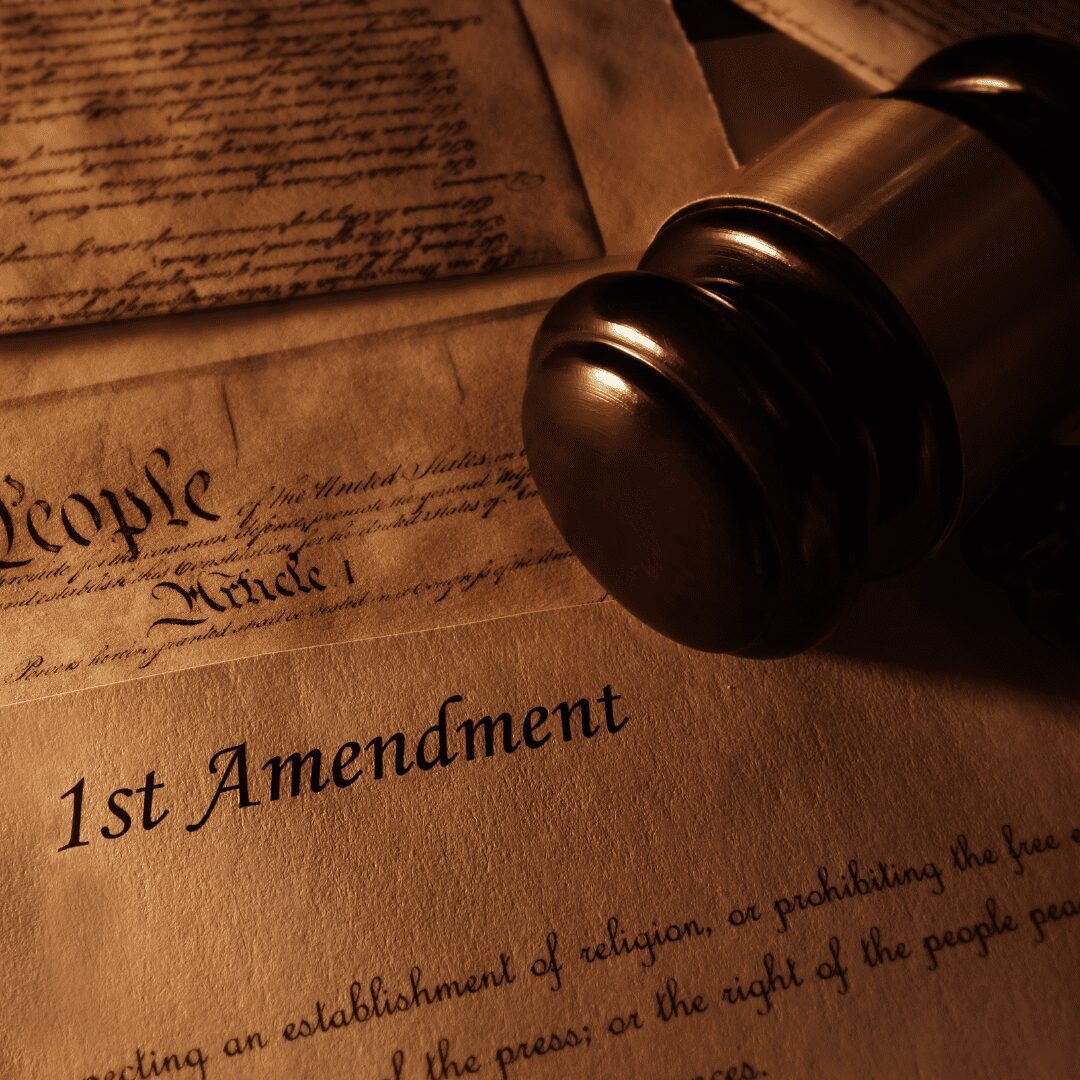The passage of time, developing circumstances, and the emergence of new technologies ought not change the nature of constitutional rights. The Tenth Amendment right of state governments to be free of federal interference on many issues of importance does not apply only to the states that comprised the Union at the time of the ratification of the Bill of Rights, but to all 50 states. The Eighth Amendment protection against cruel and unusual punishments does not extend merely to punishments that were conceivable in 1791, but to all forms of cruel and unusual punishment that have been created since. The Fourth Amendment protects your desk drawer as much as your desktop computer.
In the same way, though the modern conceptualization of corporations or the methods of speech available now are drastically different, the First Amendment promise of free speech and association is the same. This right applies to people like Mark Zuckerberg, Jack Dorsey, Elon Musk, and any other potential innovators, and shareholders, in social media. They are so entitled to moderate speech on their platforms in any way they see fit. And, as it would have been in 2010, any government edict to the contrary would be blatantly unconstitutional.
This truth is especially important as tech companies work their way further into the national political discourse and draw the ire of politicians on both sides of the aisle. It is perfectly acceptable to take issue with the censorship policies of some of these companies. That is the free market right of any consumer to demand better from the services they use. However, ultimately – and legally – the right to make those decisions rest with the companies themselves and with the men and women who built the company and the platform.
As a new Congress will be sworn in in a couple of months’ time and a number of tech-related cases will make their way through the nation’s court system, the nature of the First Amendment will be on trial. Regardless of one’s feelings towards “Big Tech,” it is in everyone’s best interests that lawmakers and judges affirm that the First Amendment remains the same as it has and will continue to remain. That is what is at stake in this debate.

